Autism Rights are Human Rights
Autism Rights are human rights. That’s something every Autistic activist knows. It is printed in t-shirts we wear and it is something we have to keep reminding the world because our rights are violated on a regular basis.
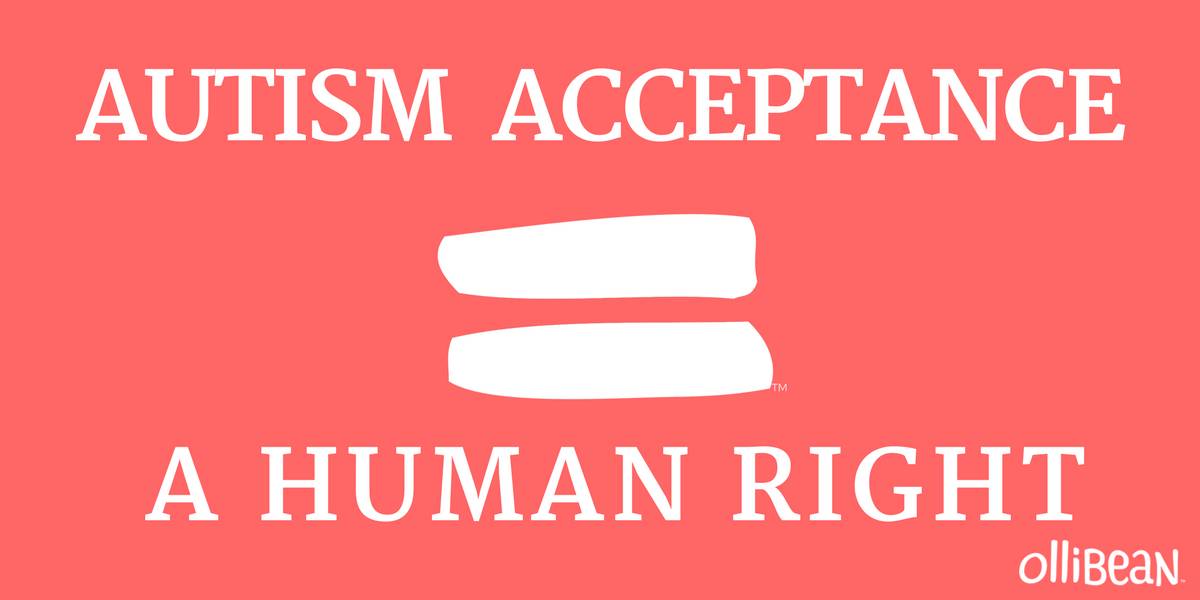
We have to fight for the right to be heard, for the right to participate in the conversation about us. Young Autistics have to fight for the right to go to their neighborhood school, with their friends, to learn the same curriculum a non-autistic child learns.
That’s why we say that the fight for autism rights is the civil rights movement of our times. I say that the fight is not only an autistic fight but one that includes all disabled people.
Fighting to be seen as citizens
We are constantly fighting to be seen as citizens, people with diverse ways of processing things, doing things, but not lesser citizens.
I heard a quote from civil rights activist and poet Maya Angelou:
“We have been lynched, and pinched, and drowned, and clowned, and beleaguered, and belittled, and begrudged, and befuddled, and yet, we are still here. Here. Here today.”
You don’t have to be an American to know how black/African-American people were openly ostracized, hated, denied basic rights and dignity, and murdered. In the eyes of many privileged whites, blacks/African-Americans did not belong, they were not accepted, they were part of a lesser group of human beings. And this assumption was simply because of who they are, because of their identity. Before the civil rights movement black people were not believed to be able to be proud of who they are.
Racism, veiled or not, still exists but the movement was responsible for the laws that “guarantee” equal treatment (the enforcement of the laws is still flawed). Attitudes are changing and people pay attention. Like Maya Angelou says “we are still here. Here today”.
Read that quote again. If you take each word and apply it to how Autistics, and other disabled people, are treated today, you can see the oppression.
I never heard of a disabled person being lynched, in the way lynching is usually referred to (hanging). But lynching is murder. Too many Autistic and disabled people have been murdered by family members. There is a long list of names and it keeps growing.
The sad comparison continues: we are tortured, restrained, made fun of, called “retard”, “weird”; we are ignored in conversations about us; we are excluded from participating in events about us; some people resent us when we speak up. We are said to be fakes, not really Autistics, or too incompetent to have an opinion.
There are many examples of violation of our rights. Even though we are supposed to have self-determination, this basic right falls apart at the moment we disagree with the non-disabled majority. Then we become too incompetent to have an opinion.
We are supposed to value life and fight for survival. All this falls apart once our resolve to live is met with the assumption that we, the disabled, we, the Autistics, can’t possibly value our lives, can’t possibly have dreams. The assumption is that we suffer too much and everyone will be better-off if we are dead. This just happened to an Autistic woman who was pressured to refuse life saving treatment and encouraged to give up on her life. You can read her own account ‘here‘ and here.
Today, we don’t see black people, women and gay people being completely ignored when the conversation is about them. Any attempts to ignore these groups are met with an outcry.
Everybody pays attention to the language that is used when talking about these groups and their preferences are mostly respected, at least publicly.
We don’t see the same engagement from the majority when autism and disabilities are the issue. Our rights are violated and we are ignored. We are dismissed and our voices silenced. There is no public outcry demanding that our voices be heard, demanding that our input should not only be welcomed, but it should be the most important one.
Autism rights are human rights.
It is past time for us to increase our activism. We need more representation, we must be respected. It is a civil rights issue. It is a human rights issue. And we are still here. Here today.


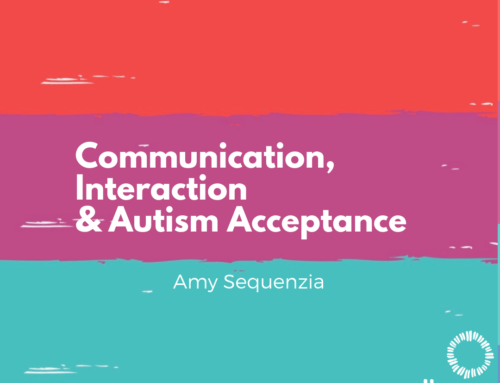
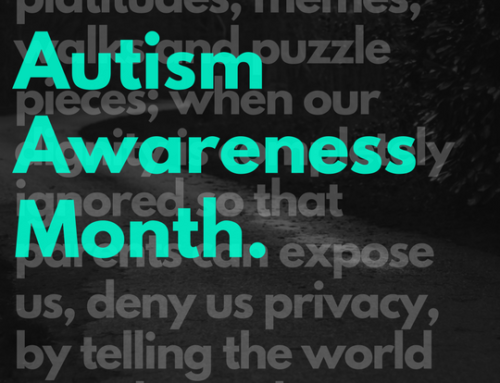
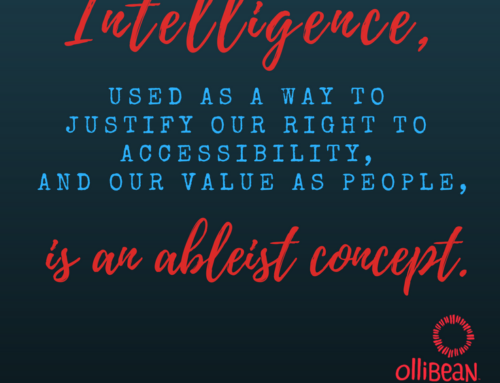
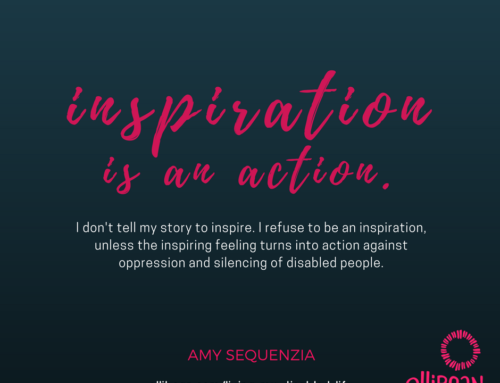
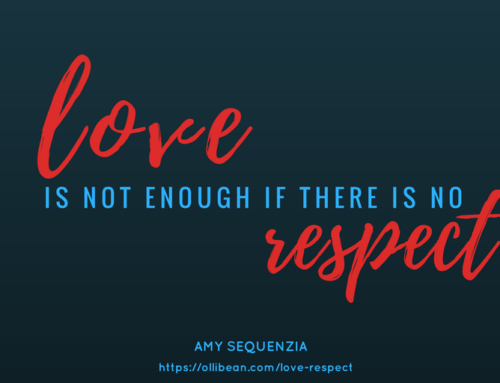
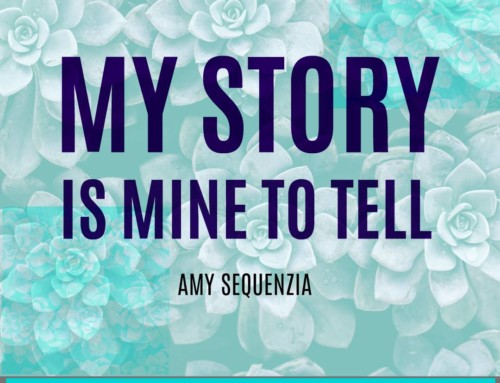
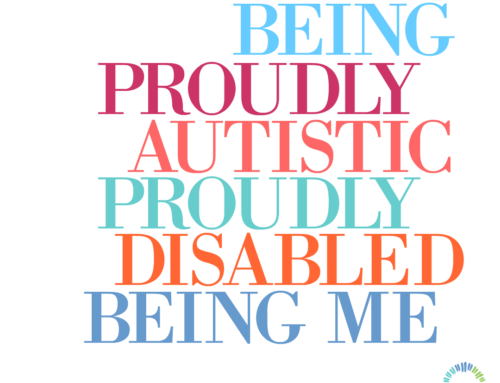
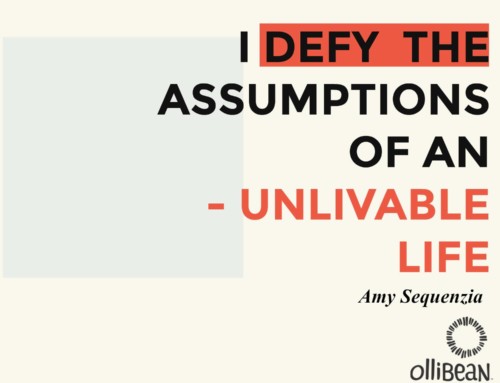
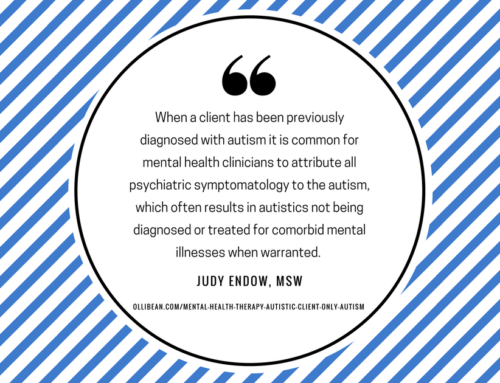
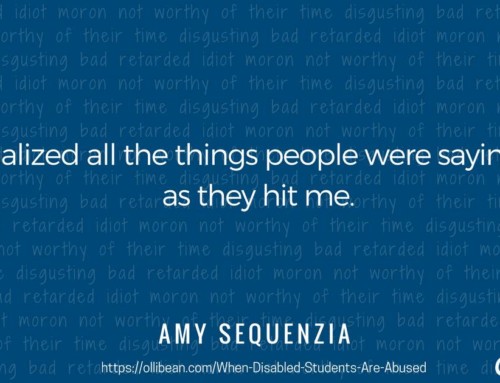

Thank you for speaking the truth.
THANK YOU!
deeply touched!